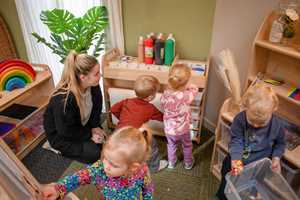
Lesson Ideas and Activities
Exciting Playground Activities That Develop Children's Organisational Skills
Organisational skills help children to stay focused and stops them from becoming side-tracked at home and at school. Nevertheless, being organised is a challenge for many children.
Here are our 5 top tips to teach children key lessons in orgnisation by combining fun playground activities with skill development:
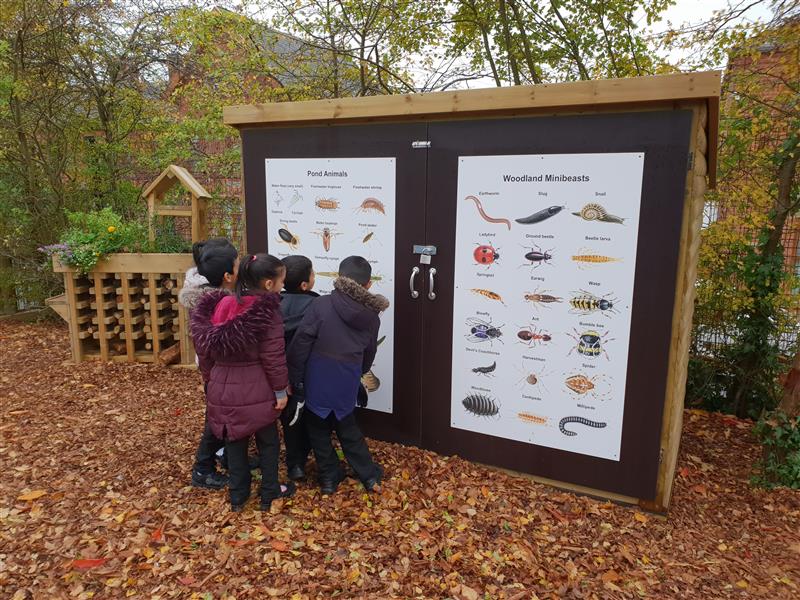
1. Routines and Time Management
Time management is one of those tricky concepts that can be frustrating to teach children. Many parents can relate to the never-ending battle of getting children out of their home on time, en route to school, fully-fed, appropriately dressed and with their bags packed for the day ahead.
Similarly, teachers might struggle to keep children on schedule during the school day. Particularly, if students give little regard to time and must be actively encouraged to move from one task to another.
Routines and teaching children the skill to manage their time suitably is just as important as teaching them how to tell the time. Here are some thrilling ways children can learn time management when playing outdoors.
Timed Activities - Sand Timers
In the playground, although numerous apparatus can accommodate groups of children, to give everyone a fair opportunity to play, sand timers can be a cool way to help children to respect time and move from one activity to another.
The hourglass can be a fascinating mechanism for them and competing against how long the sand takes to empty from one side to the other can be particularly exciting for children
Times Activities - Beat the Buzzer
The Solar Powered Stop Watch can increase mindfulness of time and generate a target to achieve. Likewise, when used to record children’s race results or how long it takes them to run around the daily mile track, it can help them to form time-based goals to achieve their personal bests over a set period.
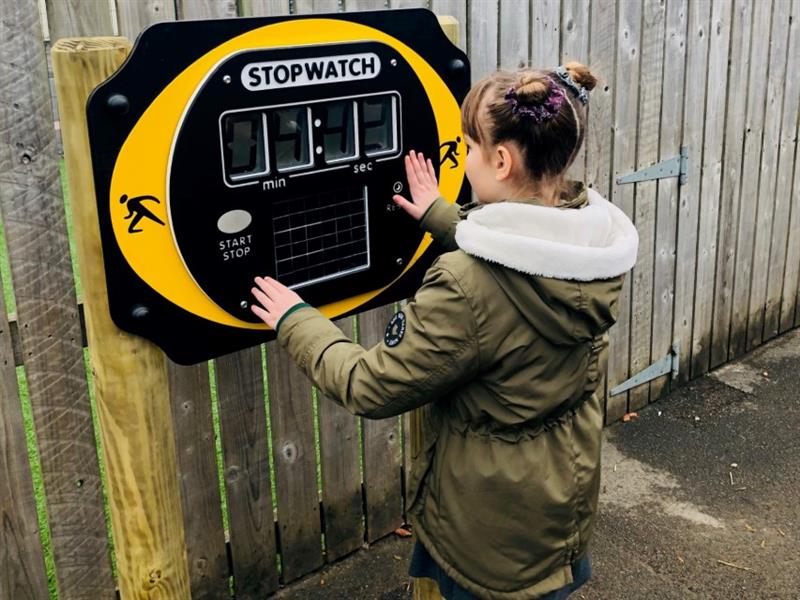
2. Break Down Activities Into Small Chunks
The playground is a magical place for adventure and fun. At the same time, active play apparatus such as climbers can invoke dread in children who fear heights.
Those who freeze part way through navigating, for example, the Apollo Challenger, unsure whether to move onto another challenge or to return can benefit from breaking the steps of the climber down to small simple stages, making it more controllable and less frightening.
For younger children, the Get Set, Go! Blocks are ideal for assisting them to go further and become more confident with crawling, walking and climbing. As they improve, they will be self-assured.
Much like learning to drive initially the learner driver thinks “clutch, gear, accelerator”; over time, as driving experience develops, less thinking is required.
3. Play Activities hat Include Sorting, Comparing and Categorising
Sorting and categorising includes discovering things that are similar or the same and grouping them based on specific qualities or characteristics. A fantastic way of doing this is provide containers for children to collect leaves, sticks and flowers from around the playground.
Then children can use the workstations inside the outdoor gazebo to organise and cluster together the sticks, leaves and flowers. To take this further, they can create sub-groups of, for example, all the large sticks and all the small sticks.
Not only is this tonnes of fun, but this type of activity requires little additional apparatus and makes use of natural and available resources in the playground.
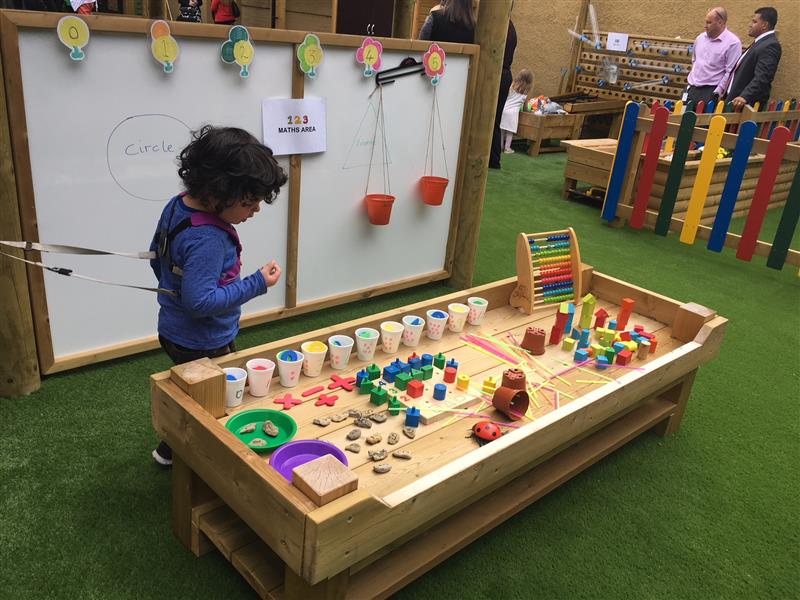
4. A Place For Everything
Playground Zoning
Dedicated zones in the playground offer children structure. By grouping similar equipment together, for example, the sand table and water table in the sensory zone, or grass-topped seats in the quiet zone, children have specific areas to play with their interests. Zoning not only breaks up activities - it breaks up time.
Children have the benefit of travelling from area to area when they get bored and as a result, the variety of play opportunities increases too.
Playground Storage
Untidiness around the playground can be dangerous for school children. Child-friendly Self-Selecting Stores created at a height where children can practise ‘tidying up’ and put things away in the correct place, can create great organisational skills through to adulthood.
By putting children in control of ‘tidying up’ and by making set areas for things, the toys can then be found effortlessly next time somebody wants to play with them.
5. Reward Charts
Reward charts offer a reason for children to want to change their behaviour and become more organised. They deliver a sense of accomplishment and a return for earning approval.
The reward chart will outline the positive behaviour or goal you want them to achieve, for example, hanging their coat up before school. Each time they complete the behaviour, they will receive a sticker as an acknowledgement of the positive change. Once a set number of stickers are collected, the child will then receive a reward.
When the child’s behaviour has changed you can move on from the reward chart, but still praise them when you observe them, for instance, tidying up after themselves.
Organisational skills are vital as they are a key element for lifetime success and efficiency. They support time keeping, so that children can perform better in class and feel less stress and frustration with new challenges.
View our full range of educational Playground Equipment designed to meet the needs of schools and nurseries. Our Playground Consultants will work with your school to design a playground environment which suits your children and schools needs. Contact Us for free, expert advice.



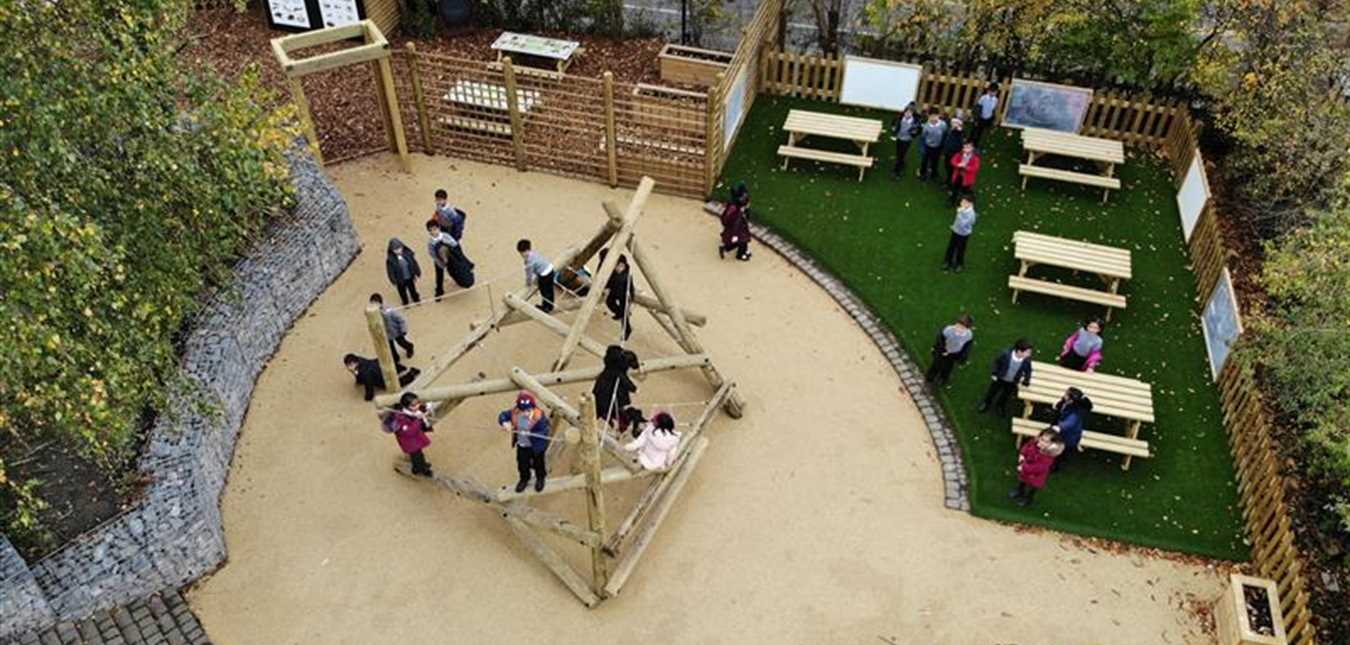
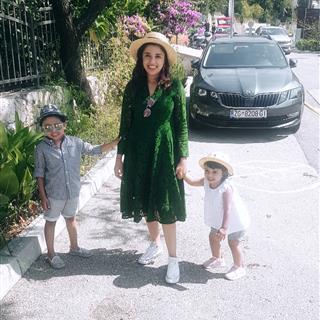
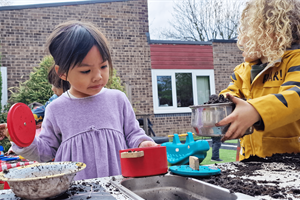
 (Custom).jpg)